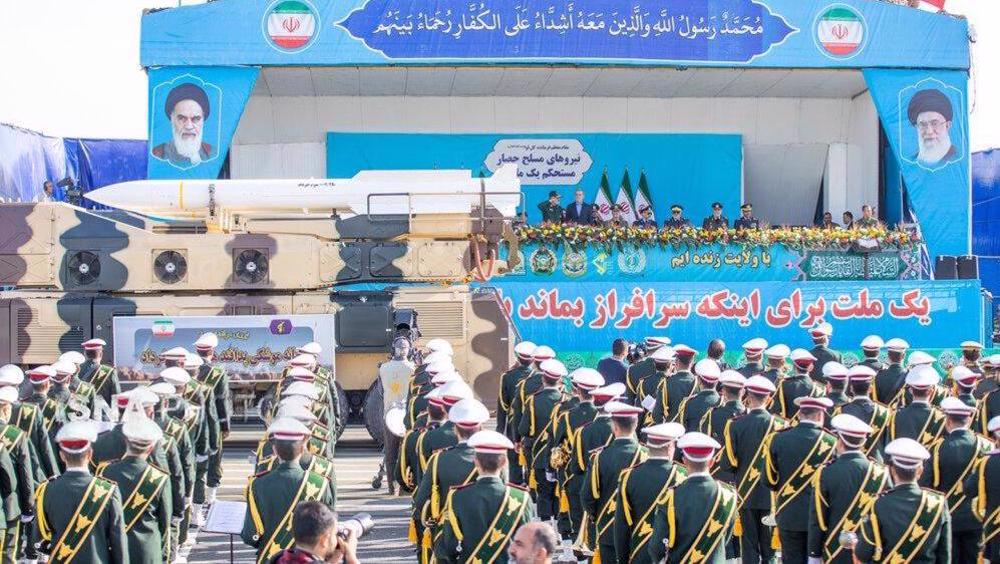IN THE MEDIA
Toothless body’s fixation with Israel is misplaced
February 28, 2011 | Colin Rubenstein
The Security Council should unleash wrath on dictators
By Colin Rubenstein
Canberra Times – 28 February 2011
It might surprise some to realise that even Gazans – frequently typecast as the greatest victims of Israeli “oppression” – have a lower infant mortality rate than Libyans, a higher life expectancy and standard of living than Egyptians and higher literacy levels than Bahrain.
The authoritarian governments in these three – and other – Arab countries ensure their tightly controlled media not only blame Israel for all their problems, but also fabricate lies about the Palestinian situation. Surprisingly, some Western academics and commentators, who should know better, routinely recycle these arguments, rather than looking at the empirical evidence.
Despite the media distortions in the region, the “Arab Street” is often cited by Western pundits as an indicator of what the “Arab World” is thinking – namely, that Israel is the source of their woes, and that Middle East peace, freedom and prosperity is dependent on a satisfactory Israeli – Palestinian peace settlement.
This illogic has long been adopted by the United Nations, which routinely ignores Arab dictators killing their own or other subjects, and instead focuses “like a laser” on Israel. Resolution after resolution in all the UN bodies – the Security Council, the Human Rights Council, the General Assembly and others condemn the slightest perceived Israeli transgression. Meanwhile, Arab dictatorships trampling on human, religious, sexual and women’s rights is a non-issue.
Thus Libya, which has recently been cruelly mowing down its own people by the hundreds, has a seat on the Human Rights Council. So does Bahrain, which has also been shooting unarmed civilians.
Believe it or not, as Middle Eastern streets are running red with the blood of repressed subjects, the UN Security Council’s focus was on a resolution condemning Israel and its settlements, which the US (somewhat reluctantly) vetoed.
After more than six weeks of ignoring all the Middle East regional turmoil, the Security Council only deigned to begin debating the Libya situation last Wednesday.
After first issuing a toothless statement of” grave concern”, the council finally agreed at the weekend to adopt some belated and weak sanctions against arms sales to Libya, and called for a freeze on some regime funds and for an investigation of it for crimes against humanity.
But this is a regime which has been rated for decades as among the worst in the world on human rights. Why did it take the massive bloodshed of recent weeks to embarrass the UN, belatedly, to even look at its behaviour or tell people to stop selling this regime arms to use against its own people?
Meanwhile, some commentators are outraged not at this UN history of indifference to the oppressed Libyan people, but that the US should be opposing “Arab opinion” in voting against the anti – Israel resolution. These commentators don’t seem to realise that one-sided resolutions, pre-empting real negotiations, are dead-end strategies. As US ambassador to the UN, Susan Rice explained, “every potential action, including action in the Security Council, has to be measured against one test, and that’s whether it will move the parties closer to negotiations and agreement or take them further apart. And our judgment was that this resolution would not have advanced the goal … On the contrary, it would have hardened the positions of one or both sides.”
Indeed. For as long as Palestinians receive one-sided international gestures such as this Security Council resolution without first needing to make moves toward peace, they will feel disinclined to return to the negotiating table, much less begin preparing their people for the concessions every sensible analyst and many Palestinian negotiators privately concede are needed for a lasting peace deal.
As for Israel, constant hostility at the UN and international rewards for bombastic Palestinian behaviour only undermines any hope in Jerusalem that, if it does take required security risks but Palestinian groups exploit this, the world will help provide necessary support for Israel.
It’s worth remembering that the international community made this promise to Israel during the 1993 Israeli-Palestinian peace process. But Palestinian terrorism actually increased after the signing of the agreement and on through the next decade. Still, Israel undertook withdrawals from the West Bank, and then Gaza, and prime ministers Ehud Barak and Ehud Olmert made serious offers of Palestinian statehood. Yet UN condemnations of Israel only increased.
It wasn’t always like this. After the 1967 war, the UN did try to promote peace between Israel and its neighbours. But in 1973, the Arab states deployed the oil weapon, punishing states that voted with Israel with higher oil prices. Overnight, most countries started voting against Israel and the automatic anti-Israel majority at the UN has been cast in stone ever since. (Proudly, Australia remains in this principled minority.)
Today, for the first time in decades, the Arab Street is bravely speaking for itself. What the Street is bellowing with impressive clarity and courage is, “down with the dictator”, not “down with Israel”. Arabs and Iranians want democracy, their human rights and some economic and social equity. The UN should be supporting these demands by unleashing a range of practical measures against these Middle-East dictators. Instead, it continues to cravenly focus almost all of its condemnation on the only Middle Eastern country that actually guarantees human rights for all its citizens. Sadly, the UN’s appalling current performance once again displays its moral bankruptcy and political irrelevance in resolving historic conflicts and advancing human rights.
Dr Rubenstein is executive director of the Australia/lsrael & Jewish Affairs Council and former lecturer in Middle East politics at Monash University.
Tags: International Security





